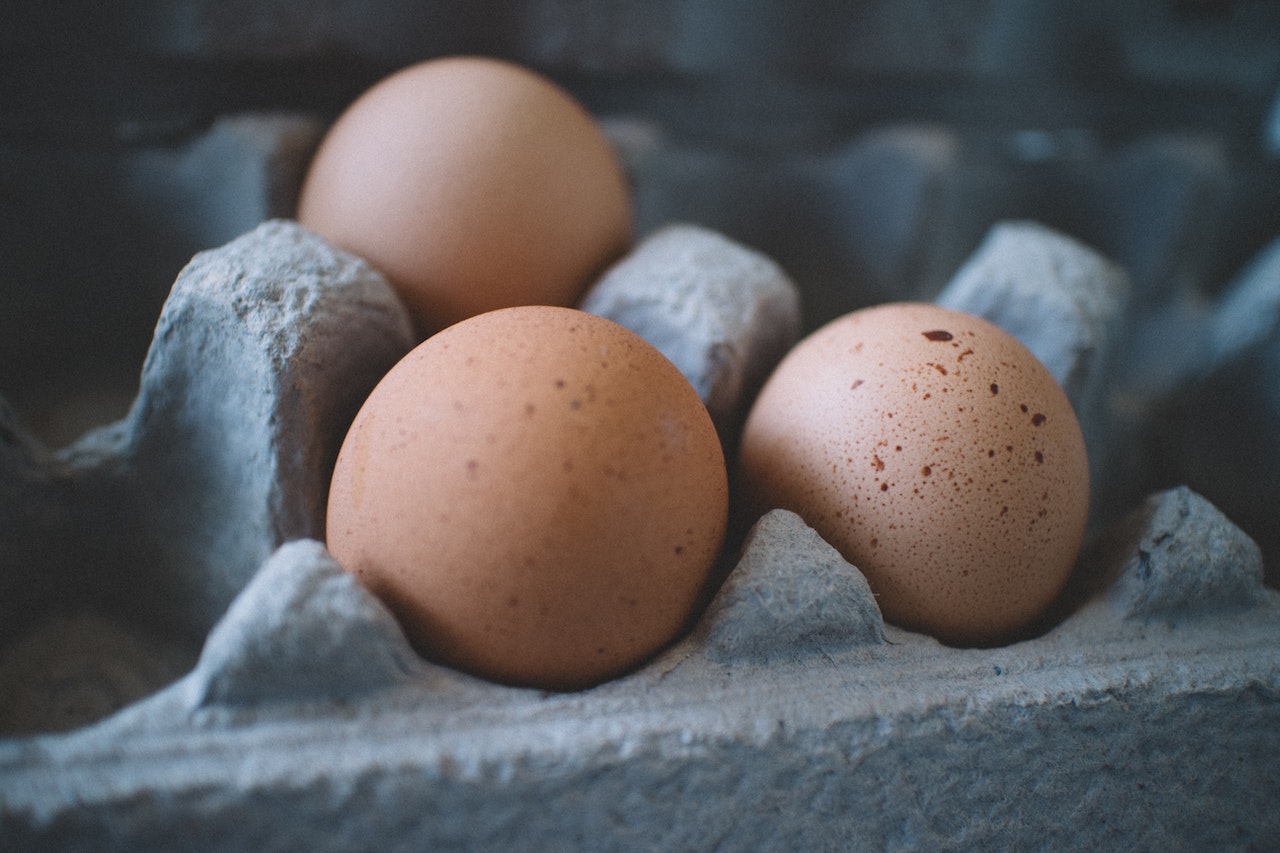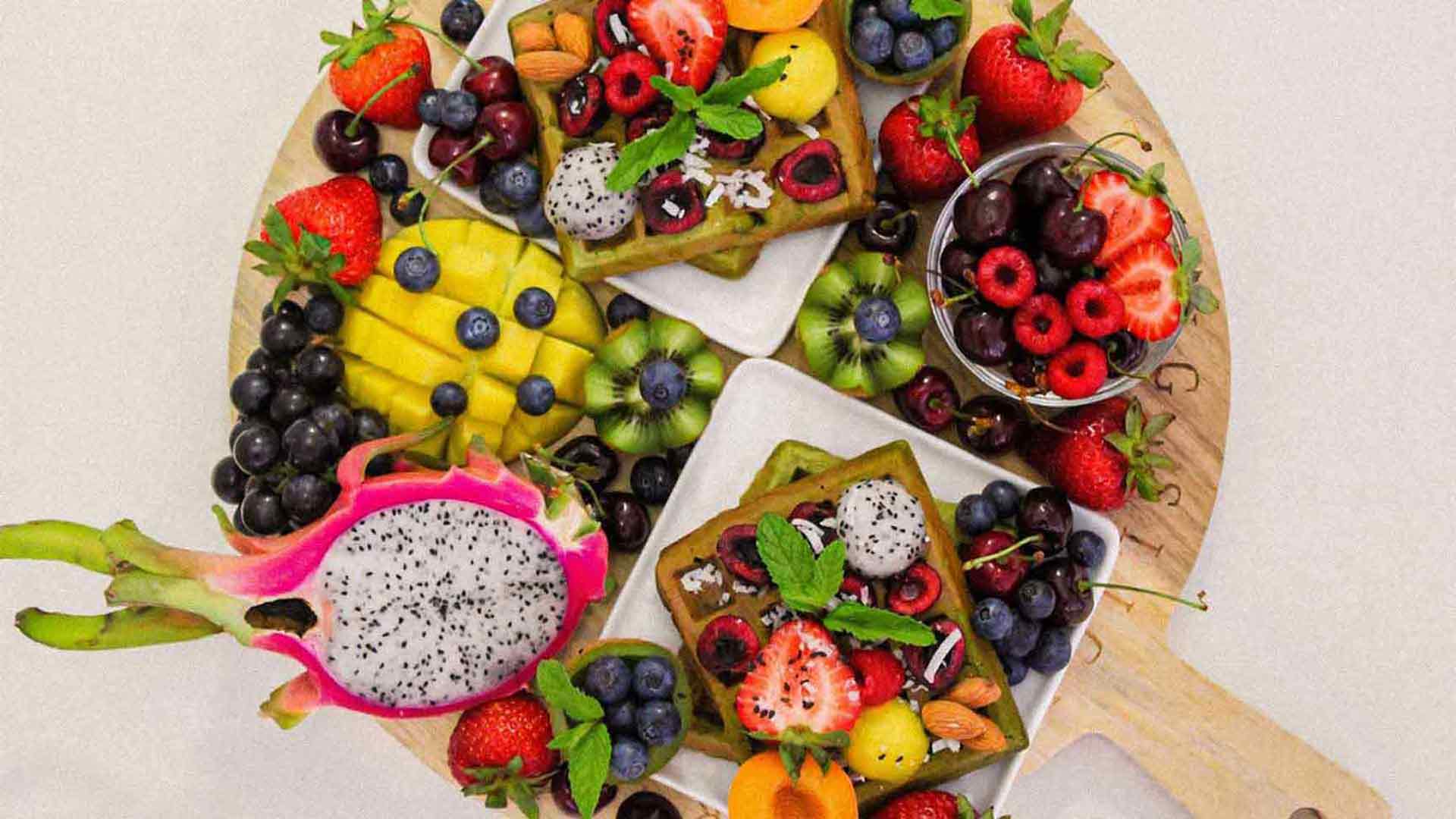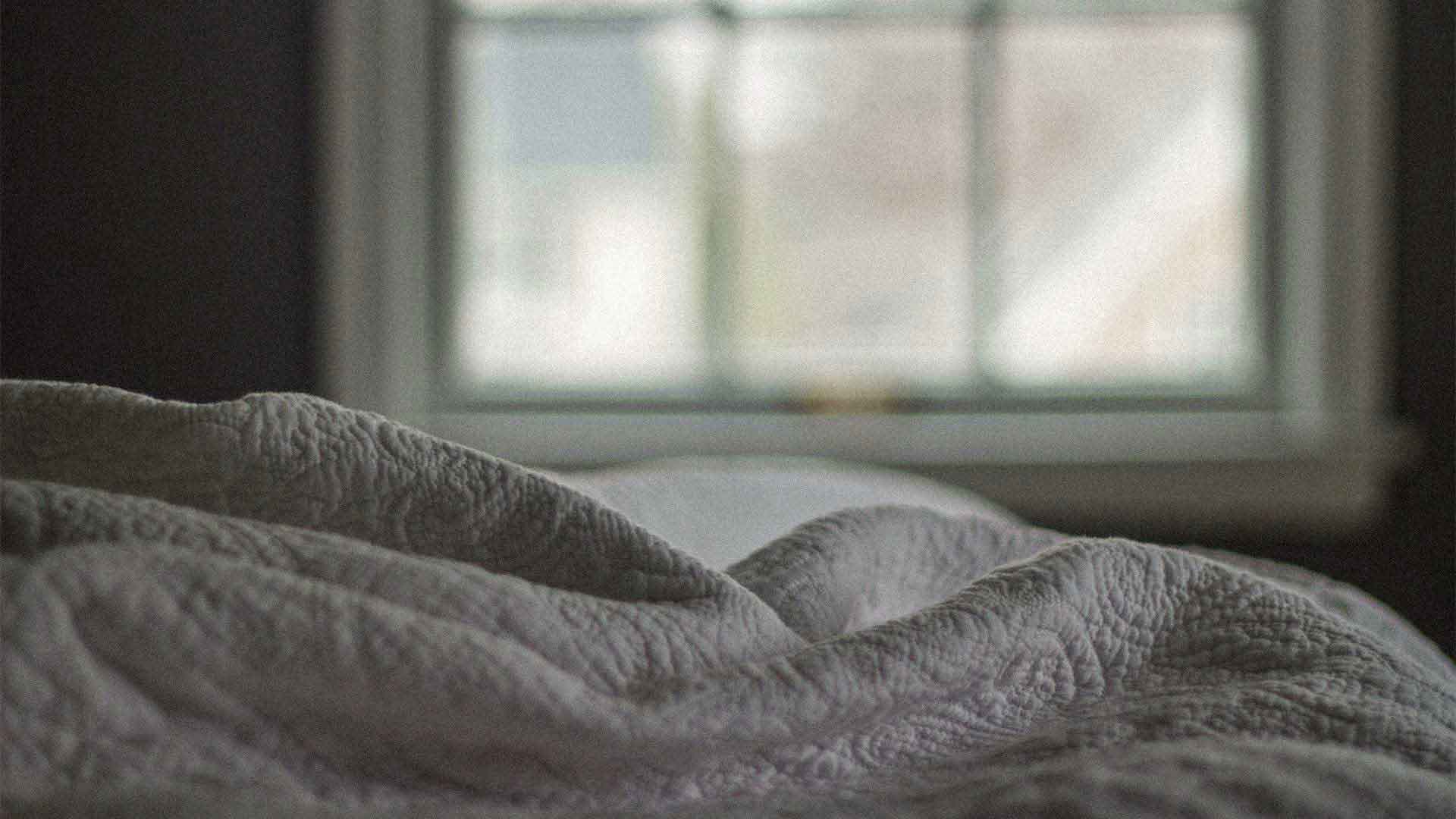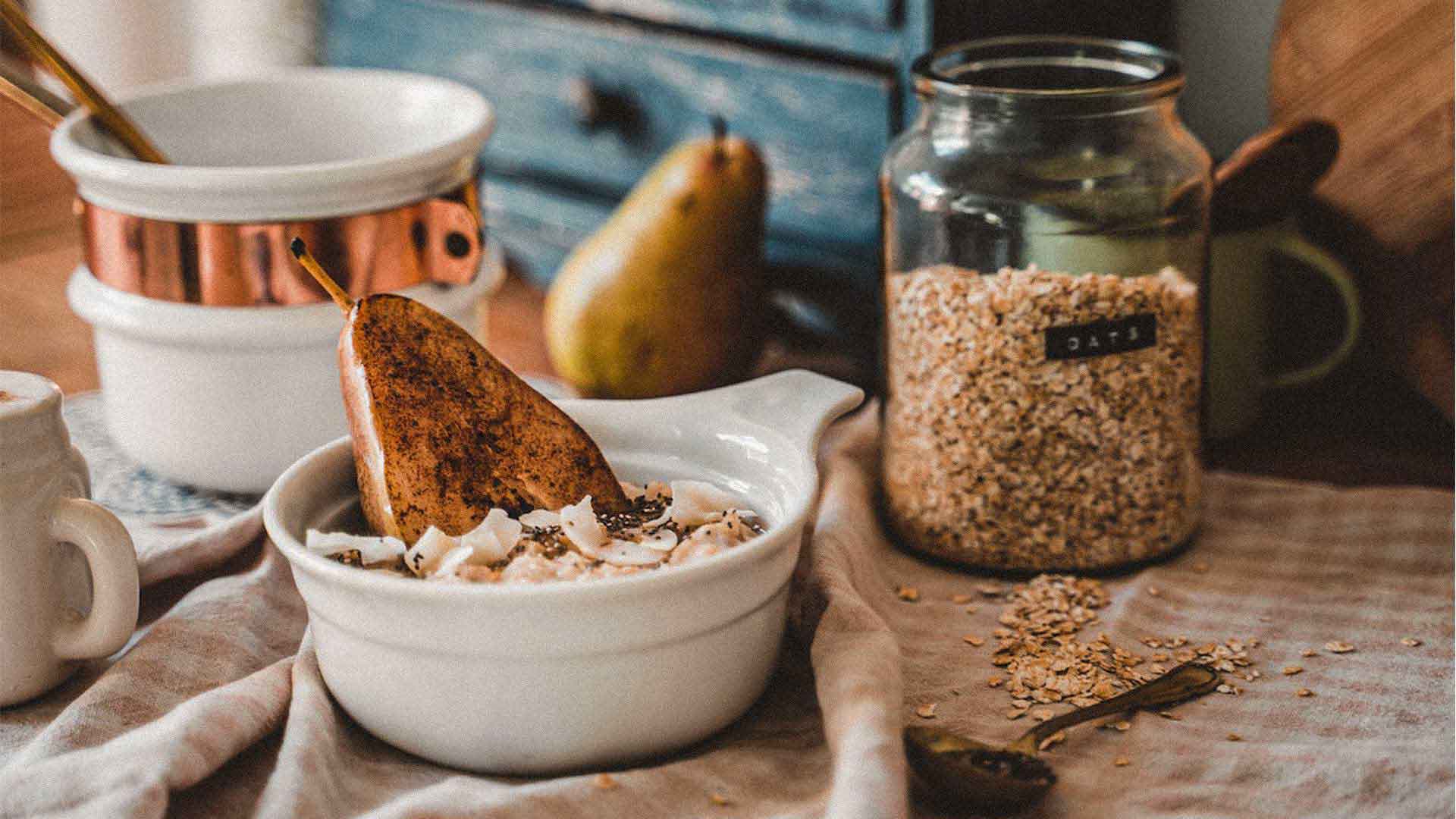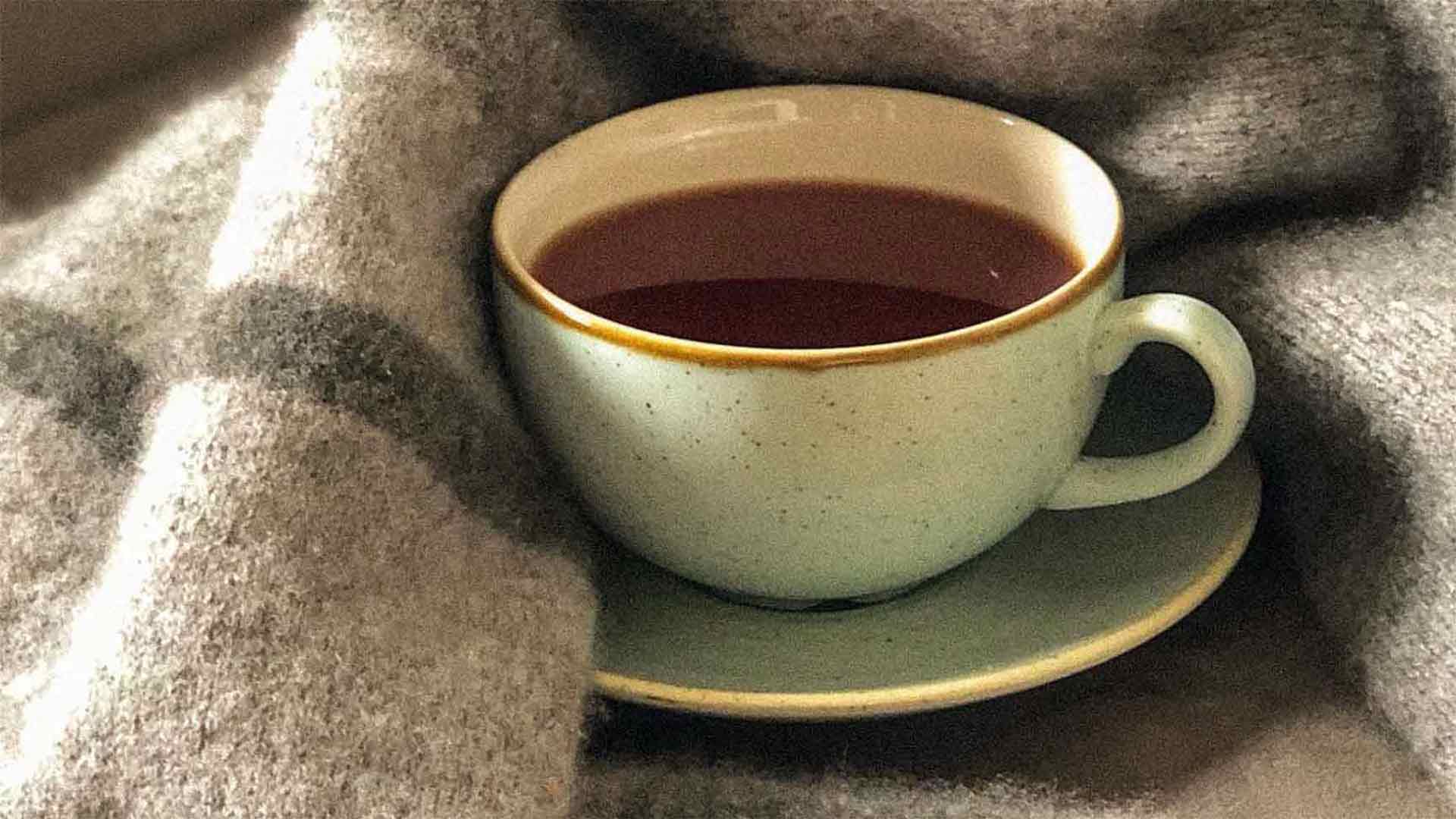If sluggish has become your baseline, you’re far from alone. With our late night, early morning, always-on lifestyles, it only makes sense that many of us feel tapped out.
While coffee, cold brews and other caffeinated drinks might have become your go-to pick-me-ups, there are better—and more entertaining—ways to put a spring in your step (don’t worry, you can keep your coffee, too).
Here are 7 fun ways to help increase your energy.
1. Put on a sitcom
You’ve heard it before: laughter is the best medicine. Well, it turns out that old saying has some real science behind it.
When you laugh, your body releases endorphins, a brain chemical that improves mood and energy.1 Those feel-good guffaws also increase blood flow and oxygen to your body, helping to reduce physical fatigue.
So the next time you’re feeling drained after a long day, put on your favorite comedy, relax and enjoy a good laugh. When the credits roll, you may find you’re not so sleepy after all.
2. Dance like no one’s watching
Dancing is one of the best ways to fend off fatigue and keep your body buzzing. Music not only puts you in a better mood but moving your body increases your heart rate, breathing and blood pressure, helping you feel more energized and alert.
And it doesn’t matter if you’re a masterful dancer or have two left feet—just enjoy the music and have fun!
3. Take a shower with an icy twist
Ok, so “fun” might be a stretch on this one, but if you’re on TikTok, you’re probably familiar with the recent trend: the cold plunge—content creators, cameras on, hopping into an icy bath. While it might seem like a silly stunt, there’s actually some sound reasoning behind it.
Cold water stimulates the production of noradrenaline, a hormone that increases alertness and focus, while also easing muscle soreness and inflammation that can exhaust your body.
Luckily, you don’t have to go to extremes, to reap these benefits. Just cranking the tap over to cold at the end of your morning shower can help you feel a lot more energized and ready to start your day. Brrrrrring it on!
4. Go play outside
It’s no surprise that spending time in nature can do wonders for your energy. Sunlight not only helps your body to make vitamin D, which impacts energy and mood, but it also increases the release of endorphins.2
What’s more, exposure to natural daylight helps keep your body’s internal clock on schedule, giving you more energy during the day, better sleep at night, and a little more oomph in the mornings.
Aim to get at least 15 minutes of sunlight each day: take a walk during lunch, go for a hike with a friend or play out in the yard with the kids. You might be surprised at the difference it makes.
5. Eat a delicious (healthy) snack
When you’re struggling to stay awake, it’s easy to go for a quick, crunchy treat to refill your tank. The problem is, those grab-and-go snacks are usually ultra-processed and high in sugar, meaning the energy they give you doesn’t last. You’ll likely find yourself going back for more or crashing, making you feel even worse.
For longer-lasting energy, aim for snacks that include healthy fats, protein and fiber. Unlike that bag of chips or candy bar, these macronutrients work together to help balance your blood sugar levels, increasing and stabilizing your energy longer term.
And they don’t have to be complicated: A yogurt parfait, a banana with peanut butter or a handful of nuts are all great options.
6. Jazzercise! (Or something like it)
Taking part in a group fitness class like spin, barre or kickboxing is a great way to move your body and get your blood flowing and your heart pumping. Working out not only revs up your energy but it can also improve sleep at night, so you feel more refreshed in the morning.
Not just that, but group activities can help you connect with other people, which also elevates your mood and energy. If you don’t have a favorite yet, don’t be afraid to try a few options before picking the one you enjoy most.
7. If all else fails, take a power nap
The midday slump is a feeling many of us know too well. After a big lunch or a bad night, you find yourself nodding off in the early afternoon. And while we know a healthy snack or even a few jumping jacks are always options, the only thing we really want to do is close our eyes. Sometimes, that’s just what we need.
A short power nap is an effective way to recharge your energy. It can help you feel refreshed, make you more alert and improve focus. The key is timing.
Sleep too long and you might feel even worse after waking. Seep too late in the day and you might set yourself up for another bad night. So for the best results, take your nap early in the afternoon and keep it to around 20 or 25 minutes. Be sure to set an alarm!
Read next: 6 foods for lasting energy
About Gabby
Gabby is a Nutritionist with a master’s degree in strategic communications. She loves using her nutrition-fluency with storytelling to encourage positive change. Before Persona, she worked at a mental health clinic helping clients manage stress, anxiety and other mental health issues through diet.
Gabby is just one of the many experts at Persona who are here to accelerate your wellness journey. If you have questions about nutrition or your personalized program, reach out now or book a free appointment with Gabby or another of our amazing nutritionists.
*These statements have not been evaluated by the Food and Drug Administration. This product is not intended to diagnose, treat, cure, or prevent any disease.
This information is not intended as a substitute for the advice provided by your physician or other healthcare professional, or any information contained on or in any product label or packaging. Do not use the information from this article for diagnosing or treating a health problem or disease, or prescribing medication or other treatment. Always speak with your physician or other healthcare professional before taking any medication or nutritional, herbal, or homeopathic supplement, or using any treatment for a health problem. If you have or suspect that you have a medical problem, contact your health care provider promptly. Do not disregard professional medical advice or delay in seeking professional advice because of something you have read in this article.





